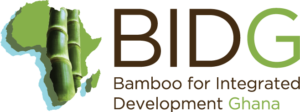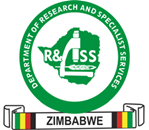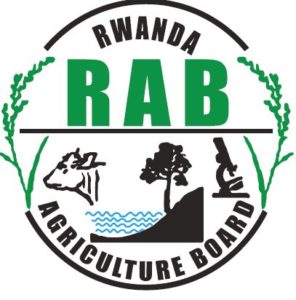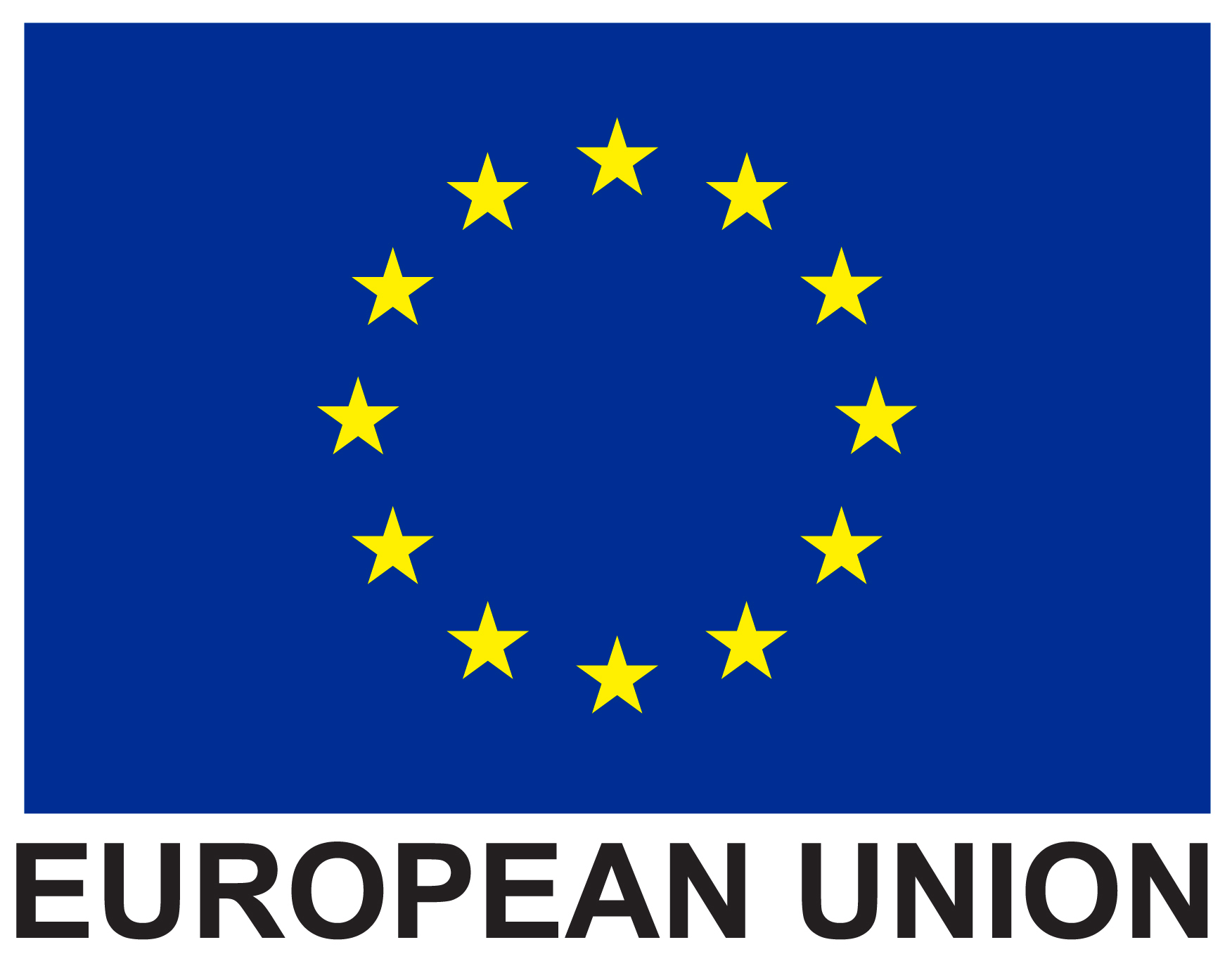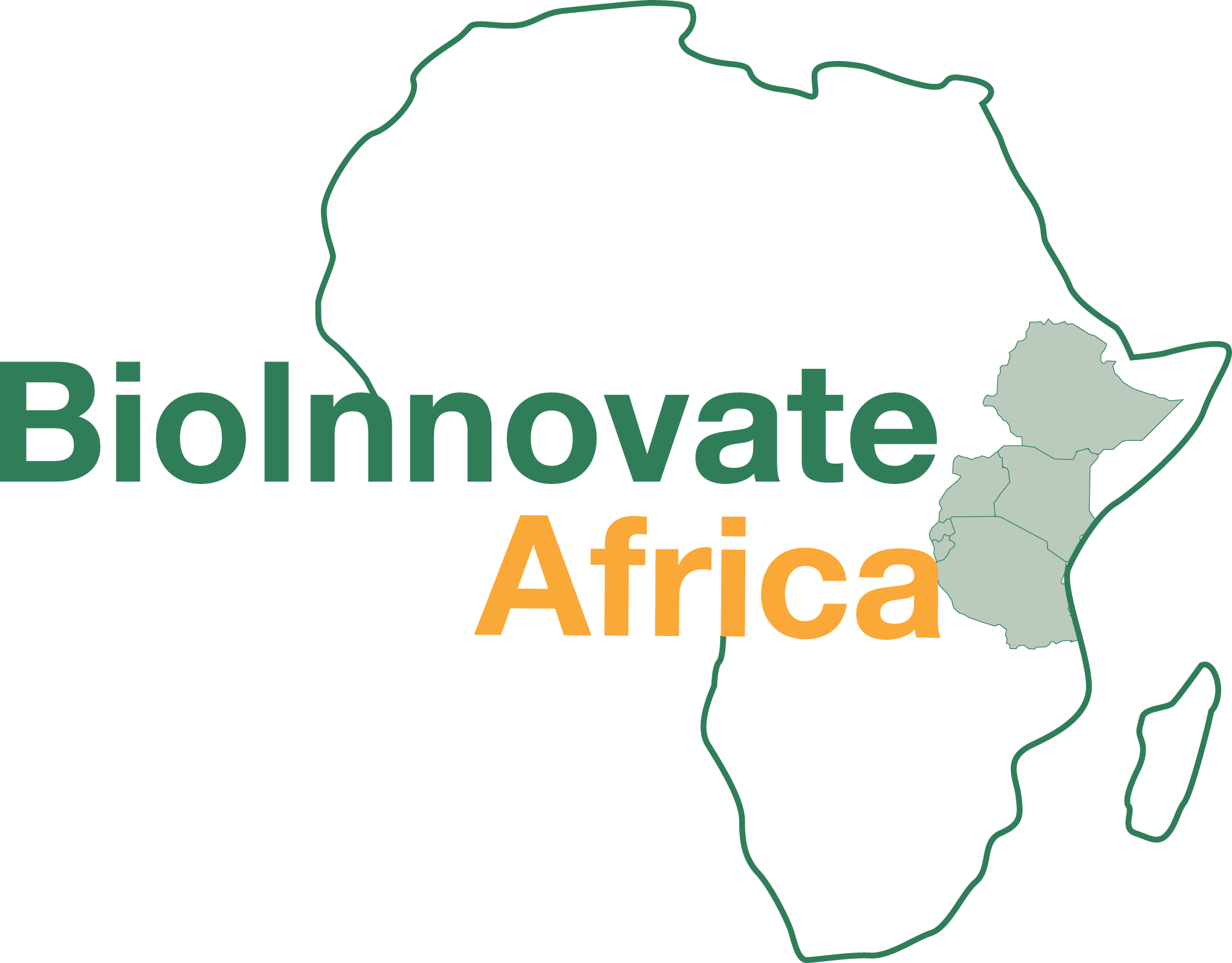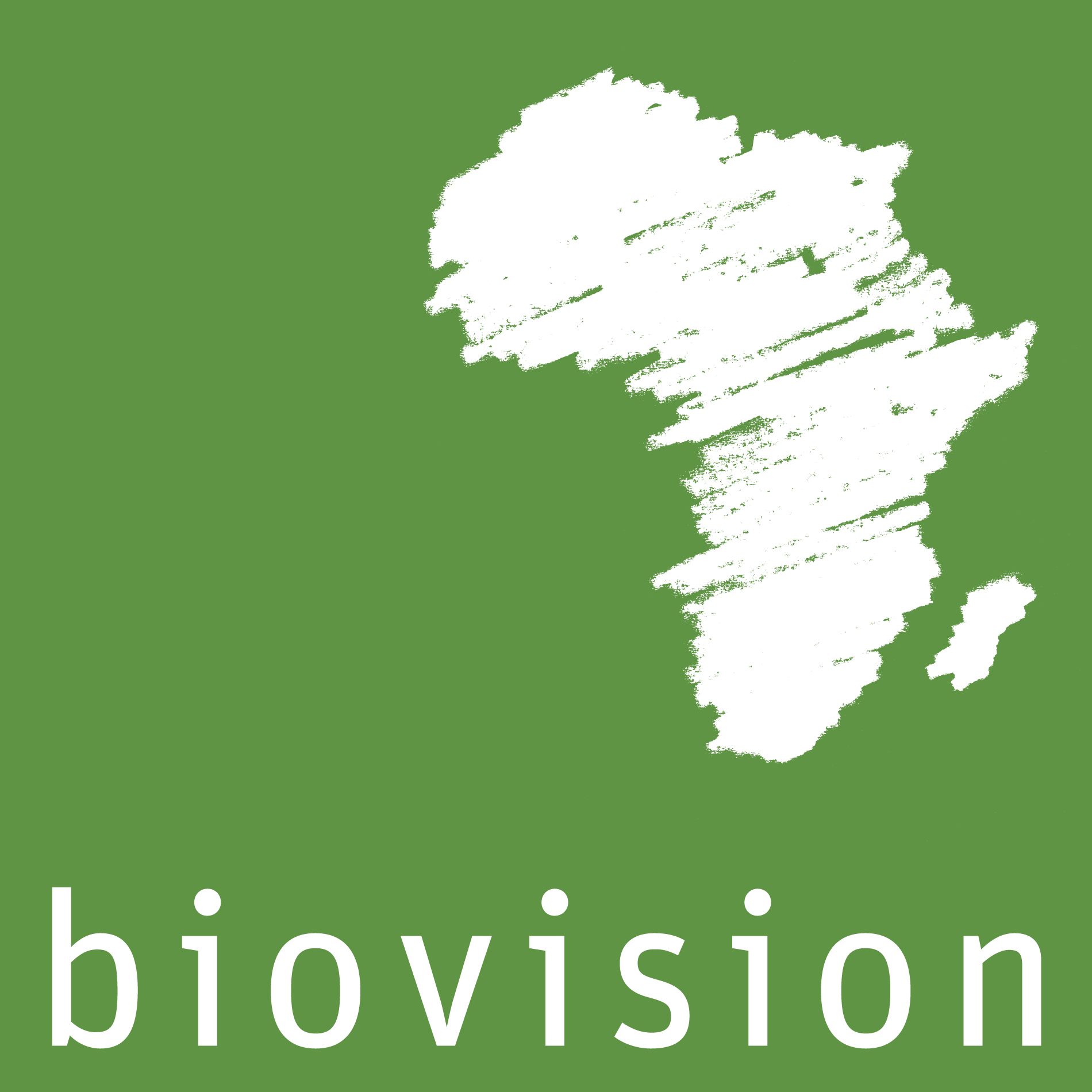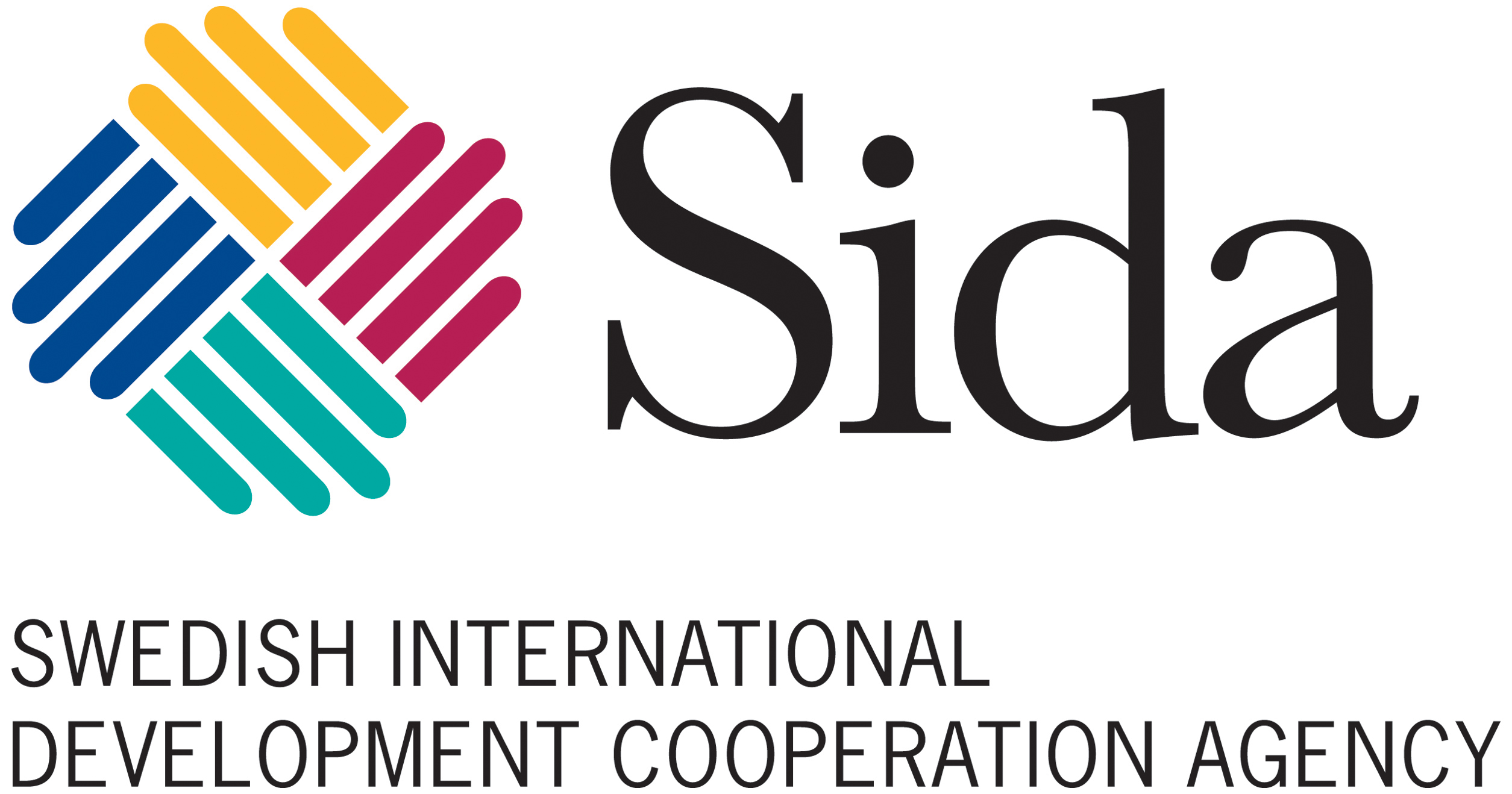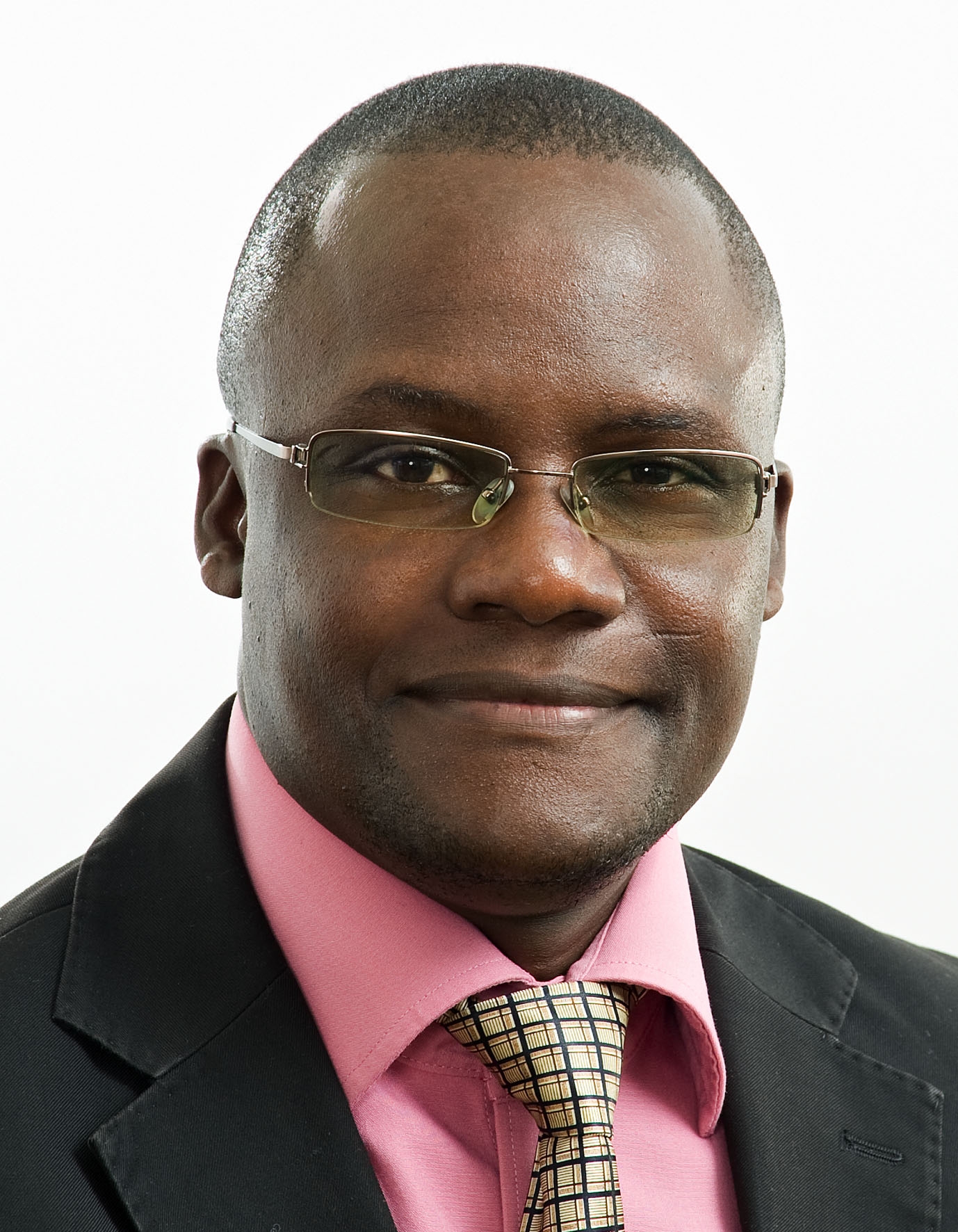
Dr. Takemore Chagomoka joined icipe on 1 June 2024 as Head of Technology Transfer Unit under the Technology Transfer Unit and is based at the Duduville Campus. Dr. Chagomoka holds PhD from Albert Ludwigs University of Freiburg in Germany. His PhD research focused on food and nutrition insecurity risk mapping in urban and periurban areas in West African cities (Tamale and Ouagadougou). He also holds a Master of Science degree in Strategic Management, a Bachelor of Science in Agriculture Management degree, a Diploma in Agriculture, and several on-job-training certificates related to project management, results-based management, and agribusiness management amongst others.
Prior to joining icipe, Dr. Chagomoka worked as a Regional Manager at Seed Co West & Central Africa Ltd, based in Accra, Ghana. His other previous engagements include Production & Postharvest Specialist at World Vegetable Center in Bamako, Mali. He has also worked in Cameroon, Tanzania, Mozambique and Zimbabwe in various capacities.
He is a member of Society of Nutrition and Food Science and is also serving as a board member of TASAI and Mentor of The Tony Elumelu Foundation Mentorship Programme on voluntary basis.
Some of his professional achievements are in the areas of leading the establishment of start-up businesses in Zimbabwe (Pristine Seeds), Mozambique (Semente Perfieta) and Ghana (Seed Co West & Central Africa Ltd). He has received several awards including the PhD scholarship from the Federal Ministry of Education and Research (BMBF) in Germany.
His research focus or interest areas are in urban and peri-urban agriculture in developing world, Geographical Information Systems (GIS), Socio-spatial dynamics of food and nutritional security in sub-Sahara Africa and effective technology transfer to smallholder farmers in Africa.

Rachel Awuor Owino is the Technology Transfer Officer at the icipe. She is committed to enhancing community livelihoods and driving sustainable development across Sub-Saharan Africa through innovative agricultural solutions.
Rachel joined icipe in 2014 as a Dissemination Officer in the Push-Pull Programme. In this role, she led efforts to promote the widespread adoption of the Push-Pull farming system across East Africa, advancing sustainable agricultural practices and positively impacting the lives of farming communities. In 2017, she transitioned to the Technology Transfer Unit during its re-establishment, where she continues to make significant contributions in her current role.
Prior to joining icipe, Rachel worked as a Project Advisor at Heifer International Kenya, where she provided strategic guidance on rural development projects, fostering community-driven growth and sustainable agricultural practices through Heifer’s values-based development approach.
She has extensive skills in project management and monitoring and evaluation (M&E). She has successfully designed, implemented, and monitored agricultural projects, ensuring alignment with organizational goals and donor expectations. Her expertise in M&E has been instrumental in tracking project outcomes, evaluating impacts, and driving data-driven decision-making to optimize results.
Rachel holds a Bachelor of Arts degree in Sociology, Criminology, and Community Development, as well as a Diploma in Agricultural Education and Extension. She is currently pursuing a Master of Arts in Gender and Development Studies, with a focus on integrating gender perspectives into development initiatives.
She is a member of the African Association of Insect Scientists (AAIS), the Project Management Institute (PMI), and has completed multiple certifications through professional training programs, further refining her expertise in rural development, project management, and technology dissemination.
Some of her professional achievements include the successful introduction and expansion of the Push-Pull farming system beyond East Africa, increasing awareness and adoption of the technology across Sub-Saharan Africa. She has also contributed to research and the scaling of best management options for Fall Armyworm and Fruit Fly Integrated Pest Management (IPM), beekeeping, and insects for food and feed.
Rachel’s research interests focus on rural development and technology scaling. She is particularly passionate about: bridging the gap between innovation and communities, addressing gender disparities in technology access and adoption; and empowering smallholder farmers to adopt sustainable practices and achieve long-term resilience.

Dr. Girma Hailu joined icipe in October 2014 as Research Scientist and Uganda country representative. He is the member of the Technology Transfer Unit providing technical and administrative support to projects being implemented in several African countries. Dr. Hailu holds PhD from Kenyatta University. He also holds two Masters degrees in Agronomy and Environmental science and advanced diploma in Project management from Vilanova University, USA and short-term study visit to the University of Bayreuth in Germany. He also obtained several on-job-training certificates related to Integrated pest management, Natural resources management, Participatory action research etc.
Prior to joining icipe, Dr. Hailu worked as a Program Manager for Farm Radio International based in Ottawa, Canada. In this capacity he was providing technical leadership to the African Farm Radio Research Initiative implemented in Ghana, Malawi, Mali, Tanzania and Uganda. He also worked as Project manager for the African Highlands Initiative based in Uganda coordinating research projects in Ethiopia, Tanzania, Rwanda and Uganda. He was affiliated with the World Agroforestry Center (ICRAF) with the east and central African Regional team based in Kenya. In his early carrier he was affiliated with the Ethiopian Agricultural Research Organization (EARO) based in Ethiopia. Dr. Hailu has experience of working in Canada, Ethiopia, Ghana, Kenya, Malawi, Mali, Tanzania, Rwanda, Uganda, Zambia and Zimbabwe.
His research focus is on adaptive research to respond to challenges of technology adoption by small-holder farmers. He is passionate about community level integration of agricultural innovations through applying holistic approach.

Beritah Mutune holds a Master of Science degree from Jomo Kenyatta University of Agriculture and Technology and a Bachelor of Science degree from Maseno University in Kenya. Beritah joined the icipe in Nairobi as an intern in the Molecular Biology and Biochemistry Department in 2008 after graduating with the bachelor’s degree. She has thereafter worked in several programmes and units of icipe including the Applied Bioprospecting Programme, Animal Rearing and Quarantine Unit, Arthropod Pathology Unit, Insects for Food and Feed programme amongst others.
During her tenure as a DRIP scholar at icipe, Beritah was able to publish several manuscripts one of them entitled, “Fungal endophytes a promising management tool against the bean stem maggot Ophiomyia phaseoli (Tyron) on beans, Phaseolus vulgaris (L.)” which was published while in the arthropod pathology unit in the Journal of pest science. The same paper was awarded the first runners-up for the poster scholar by icipe governing council in 2016.
Beritah is currently a Research officer II in the Technology Transfer Unit (TTU), and she is involved in the dissemination of best-bet icipe technologies to end users. She has over 15 years’ experience in insect science, research & development, capacity building and dissemination. Currently, she is a member of the African Association of Insect Scientists (AAIS) and the Entomological Society of Kenya (ESK).
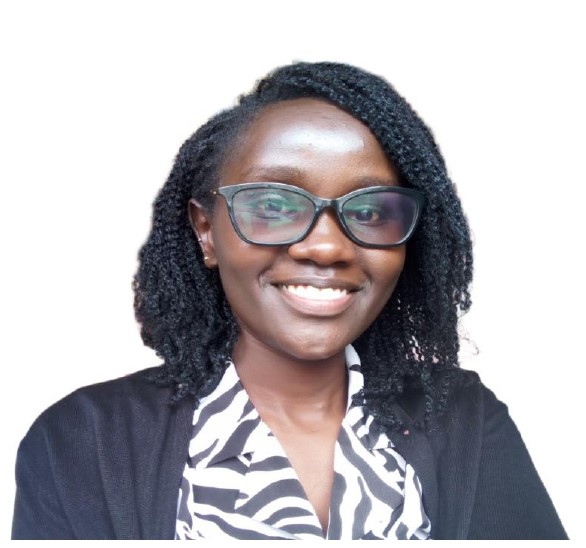
Winnie Belyon joined icipe in April 2023 as a Business Support Officer-Administrator. Winnie is a highly motivated and results-oriented professional with a strong focus on organizational success. Currently serving as a Business Support Officer-Administrator under the Technology Transfer Unit at icipe, she brings extensive experience in business support, project management, and customer relations. She excels at managing multiple tasks, meeting deadlines, and maintaining high-quality standards.
Winnie holds a Bachelor of Arts in Economics from Kenyatta University and an Advanced Diploma in Project Management from the Nairobi Institute of Business Studies. Throughout her career, she has held key roles, including Fulfillment Officer at Market Force Technologies and Merchant Acquisition Associate at Elivalat Fintech. Winnie has also gained valuable experience through internships at Uwezo Fund Oversight Board and Kenya Pipeline Company, contributing to strategic planning, data analysis, loan processing, and risk management initiatives.
Known for her excellent communication, leadership, and interpersonal skills, Winnie thrives in collaborative environments and is passionate about continuous learning, volunteer work, and activities that foster both personal and professional growth.
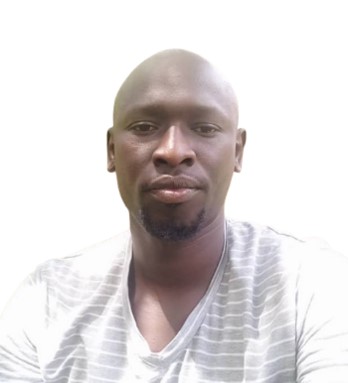
Nathan is currently employed as a Research Officer in icipe Uganda country office. He has been employed with the organization since 2017 previously working as a data analyst and Research technician for various icipe programs across different countries. Nathan holds a Master of Management Studies-Monitoring and Evaluation and a Bachelor of Economics and Statistics. He has vast experience in data management and extensive Knowledge of innovative approaches, capacity building and use of participatory methodologies in Agriculture and other fields.
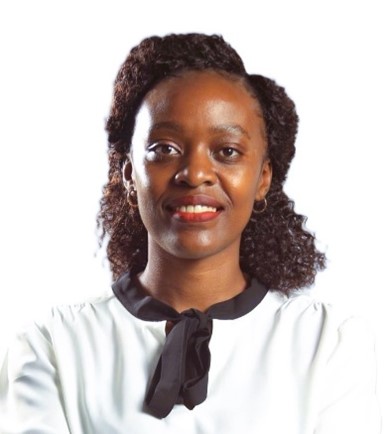
Mary Constance Wasemwa holds a bachelor’s degree in arts in Economics and supports various initiatives implemented by icipe in Uganda since September 2022. Her work focuses on finance reviews and coordinating the ROBUST Coffee Agroforestry project platform with project Principal Investigators (PIs) and accountants, alongside her roles in the Technology Transfer Unit.
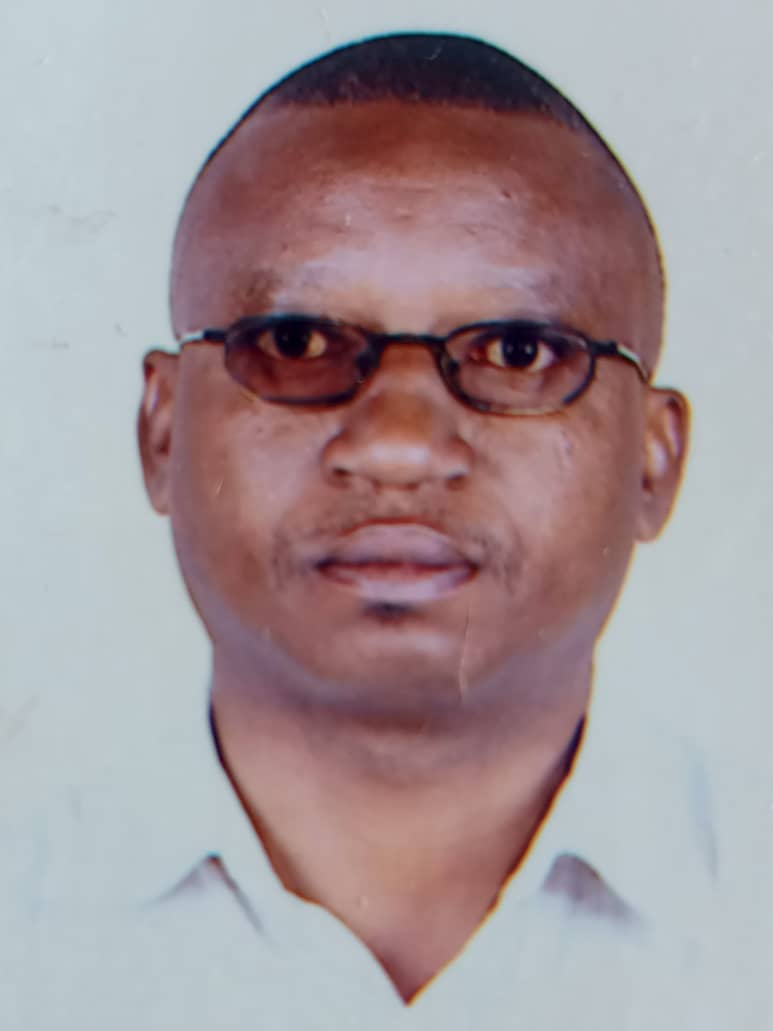
Allan Nsubuga has been a Research Assistant under the Technology Transfer Unit at icipe since 2014. He supports activities across all Uganda operations, including assisting scientists and research officials in technology and innovation dissemination, data collection and entry, fleet management, facilitating trainings, and providing office operations support.

Albert Baya has been a Research Assistant at icipe’s Technology Transfer Unit since 2018, specializing in agricultural technology transfer and integrated pest management. He supports research across Kenya, assisting in data collection, innovation dissemination, and training farmers about push-pull technology, and other technologies around Kenya. His work includes working hand in hand with students, conducting field studies, and contributing to fall armyworm management through field experiments and pest monitoring.
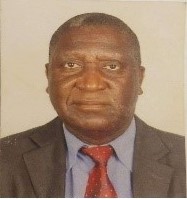
Dr Gilson Chipabika joined icipe on 1st July 2023 as Research officer to support implementation of the Project ‘AgEco IPM: Agro-ecological management of the fall armyworm. Dr Chipabika with more than 20 years’ experience as an Entomologist has worked for Zambia Agriculture Research Institute (ZARI) in Zambia until 2020 with interests in understanding the impact of migratory and invasive pests on food crops, including developing their integrated pest management strategies. He has previously researched on the management of exotic and indigenous pests that included among others, stem borer species, larger grain borer, leaf hoppers – vectors of maize streak virus, Diamond back moth, Aphids, and more recently the combating of migratory pests such as African Army worm – Spodoptera exampta, Locusta migrotaria, Quale qualia, Tuta absoluta and Fall armyworm – Spodoptera frugiperda. He also worked at National Biosafety Authority as Senior Biosafety officer in Charge of Import and Export of food and plant materials. He worked as entomologist on Developing Smallholder strategies for fall armyworm (Spodoptera frugiperda) management in Southern Africa: examining the effectiveness of ecological control options – NORAD Project. He is also conducted Research on Integrated Pest Management of Fall armyworm at University of Zambia.
Gilson has the passion to develop and disseminate and/or upscale developed technologies to communities in order to uplift their food security and income generation and contribute to poverty reduction.
He went to University of Zimbabwe (Chibero Collage) for a Diploma in General Agriculture, University of Zambia for BSc Agricultural Sciences, MSc Agronomy – Plant Science Entomology and PhD Plant Science Entomology in progress. He is a member of Entomological Society of Zambia (ESZ) as well as a member of African Association of Insect Scientists.
Some of the selected achievements include, contribution to Classical Biological control of Cassava mealybug and Greenmite in Zambia (Funded by IITA and IFAD), Upscaling Biological control of Diamond back moth in Zambia (Funded by IFAD/ICIPE), up scaling Push – Pull technology to control Maize stem borers and witch weed in Maize in Zambia (Funded by ICIPE), Enhancing National Capacity in Fall Armyworm (Spodoptera frugiperda) Management and Research in Malawi, Mozambique and Zambia. (Funded by APPSA – World Bank).
Integrated Pest Management of Fall armyworm Spodoptera frugiperda in Zambia (Funded by World Bank APPSA), Training of Plant Doctors on Plant protection and Nutrition in order to increase food security and improve rural livelihoods by reducing crop losses through implementation of integrated plant health systems in Zambia (Funded by CABI) and the Community-Based Fall Armyworm Spodoptera frugiperda (Smith) Monitoring, Forecasting for Early Warning and Timely Management to Protect Food Security and Improve Livelihoods of Vulnerable Communities (Funded by USAID/ icipe).
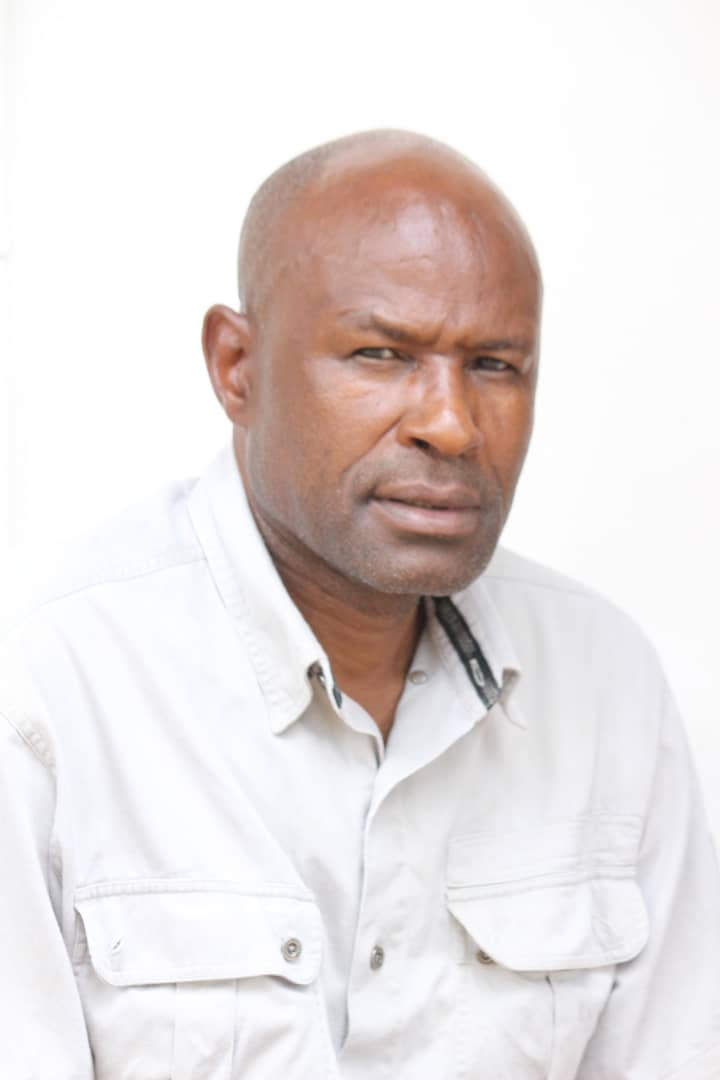
Dr. Donwell M.A. Kamalongo joined the icipe on 1st July 2023 working in the Technology Transfer Unit based in Malawi. He works collaboratively with Total LandCare (TLC) to support the testing and dissemination of agro-ecological innovations for managing fall armyworm in maize-based smallholder production systems under the EcoPM regional project operating in Malawi, Uganda and Zambia.
He holds a PhD in Agronomy-Cropping Systems from Coventry University, England in the United Kingdom. His research focused on developing sustainable low input cereal/legume intercropping systems with a thrust to improving fodder quality and promoting home-grown livestock feed. He also holds a Master of Science Degree in Sustainable Production Systems with a minor in International Rural Development from Royal Agricultural University, England in the United Kingdom. His research at MSc, looked at assessing the productivity of maize/pigeonpean crop configurations on soil health and crop yield by using nutrient balance method. He also obtained a Bachelor of Science Degree in Agronomy from Sokoine University of Agriculture, Morogoro in Tanzania. At this level, he evaluated the effect of different heating regimes of vermiculite clays soils on the availability of phosphorus. He further holds an advanced Diploma in Agronomy and Certificate in Agriculture from Egerton University, Njoro in Kenya and Natural Resources College of Malawi respectively. He has attended a wide range of local and international relevant training courses that helped to strengthen his expertise.
Before joining icipe, he worked as maize agronomist in the Department of Agricultural Research Services (DARS) in Malawi responsible for the development and dissemination of demand driven farming technologies for smallholder farmers whose livelihood depends on agriculture. While in DARS he saved as Maize Research Commodity Team leader in Malawi; and National Coordinator for Agronomy component in Sustainable Intensification of Maize-Legume Systems in Eastern and Southern Africa Project. He has collaboratively worked with a number of local and international research institutions, such Rothamsted Research station, towards developing a wide range of technologies that pertain to address production constraints that significantly affect the productivity of maize-based smallholder production systems. He spent some time in Australia, as a visiting scientist, conducting research at Gatton Research Station of the University of Queensland Alliance for Agriculture and Food Innovation (QAAFI). He has spent most of time working with the rural farming communities which partly helped to build his strongly experience in participatory on-farm research and dissemination. Out of his work, he has contributed to the dissemination of scientifically generated knowledge to various beneficiaries ranging from farmers, scientific communities and donors.
His is a member of Agroecology Hub in Malawi (AH), Tanzania Association of Agronomist (TAS), and the African Association of Insect Scientists (AAIS).

Joseph is currently serving as a Research officer at the International Centre of Insect Physiology and Ecology (icipe), Duduville campus, a position he has held since 2019. Prior to his current role, he was actively involved in supporting students and scientists in both laboratory and field experiments. He holds a Bachelor of Technology in Applied Science from Technical University of Kenya and brings a wealth of experience to his role, particularly in farmer training on Integrated Pest Management (IPM). His specialization includes the management of key agricultural pests such as fruit flies and fall armyworm, among others. Joseph is highly skilled in microbiological techniques, particularly in conducting laboratory bioassays and managing experimental data. Additionally, he possesses extensive knowledge in applying innovative approaches, capacity building, and participatory methodologies within agriculture and related sectors, making him a valuable asset in both research and community-based agricultural development.


